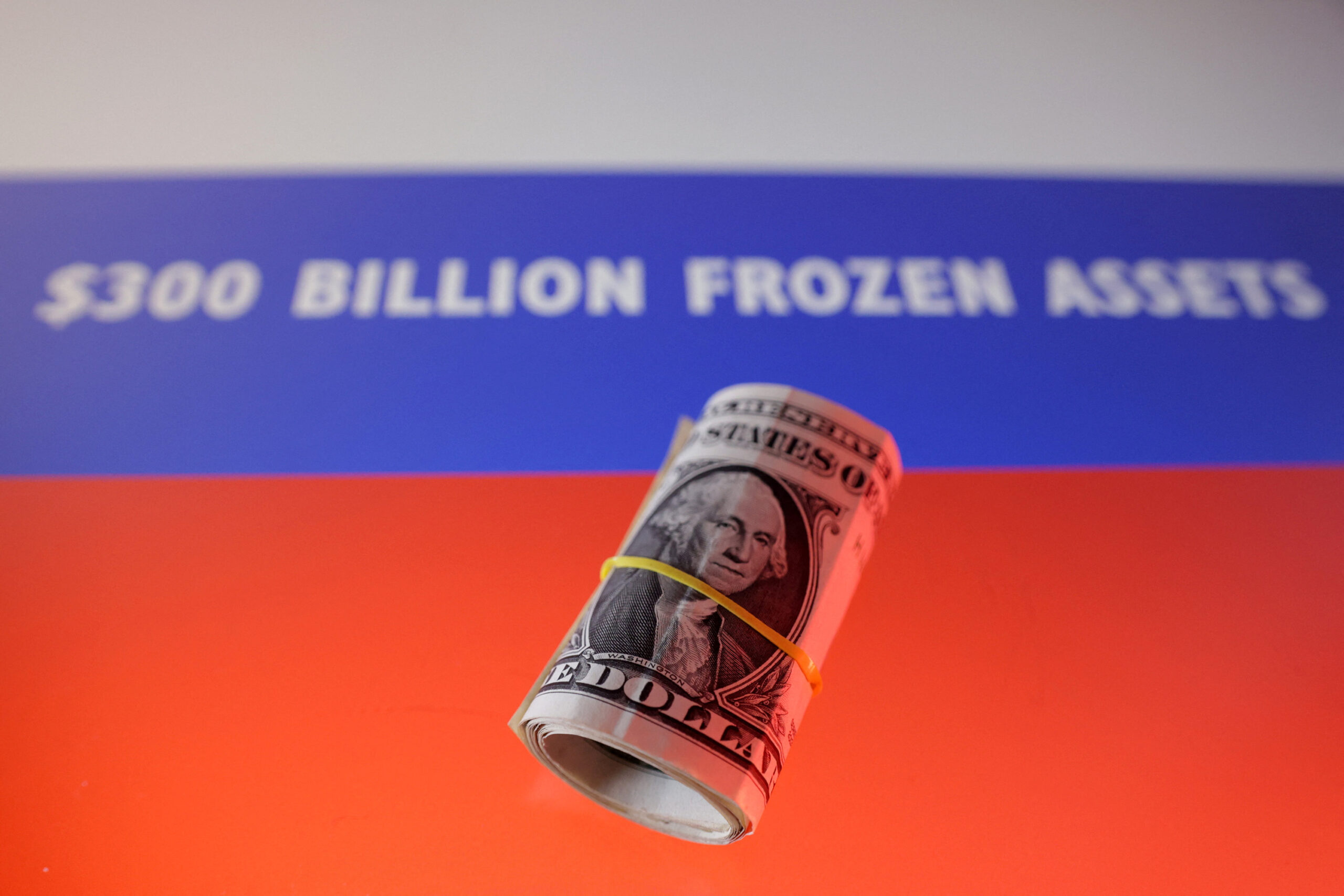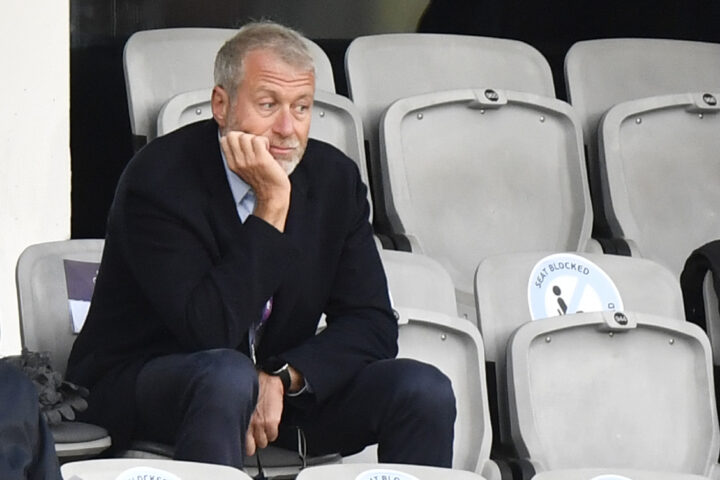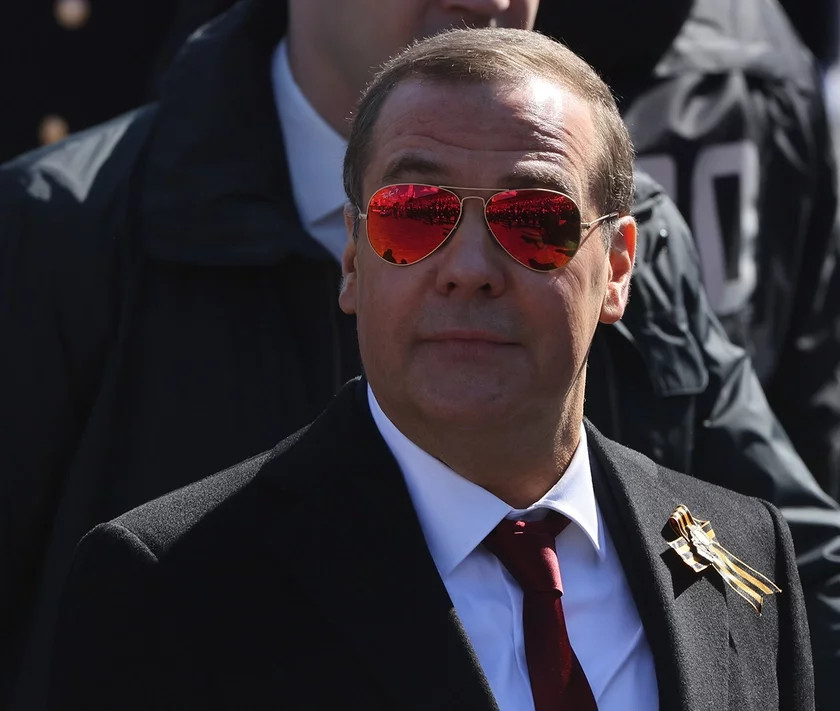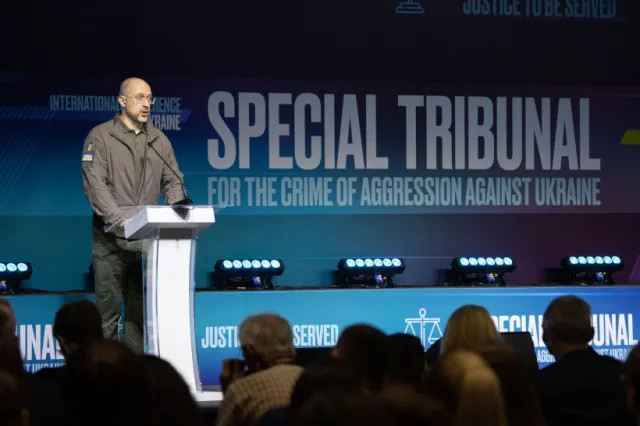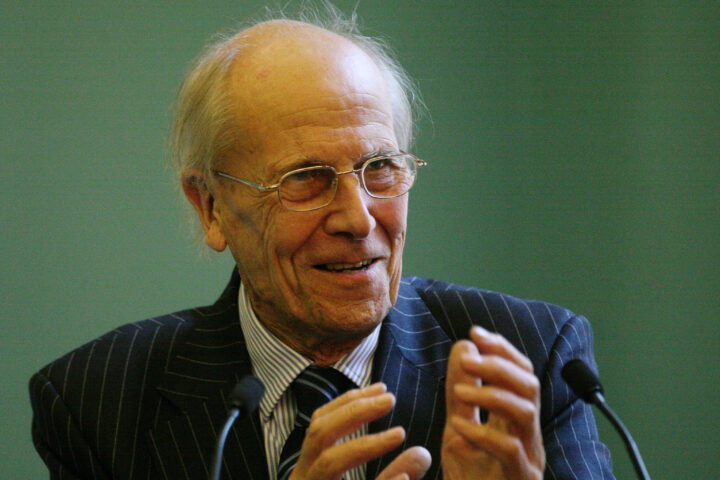On October 23-24, EU leaders will convene in Brussels to deliberate the European Commission’s proposal to grant Ukraine a €140 billion “reparation loan” backed by frozen Russian assets. The plan involves using part of €175 billion held in Euroclear, Belgium’s financial depository, which stores the majority of Russia’s frozen sovereign assets since Moscow’s invasion of Ukraine in February 2022.
Belgian concerns over legal and financial risks
Belgian Prime Minister Bart De Wever has outlined conditions for supporting the proposal. Brussels insists on avoiding any measures perceived as outright asset confiscation and demands legally binding guarantees that all EU members share current and future risks linked to Euroclear and Belgium. De Wever also calls for arrangements to secure funds should Euroclear need to return assets to Russia after a possible peace agreement between Moscow and Kyiv. These safeguards would extend beyond the lifting of Western sanctions to address potential arbitration years later.
EU positions and potential consensus
The idea of a reparation loan was discussed at an informal EU summit in Copenhagen on October 1, though no agreement was reached. German Chancellor Friedrich Merz later expressed optimism, noting a “strong consensus” among EU leaders in favour of using frozen assets for Ukraine, suggesting approval is possible during the upcoming meeting. France and Luxembourg, holding €18 billion and €10 billion of Russian assets respectively, also stress legal protections before endorsing the plan. Their caution reflects broader concerns about setting a precedent for their own financial systems.
G7 support and broader implications
On October 1, G7 finance ministers pledged to coordinate the use of all frozen Russian sovereign assets within their jurisdictions to ensure a just and lasting peace in Ukraine. If G7 members join a risk-sharing mechanism, Belgium’s concerns could be alleviated, smoothing the path to approval. The proposal aims to allocate €140 billion to Ukraine and repay an earlier G7 loan, using frozen assets invested in Western government bonds.
Strategic and legal challenges ahead
Belgium’s unique position as Euroclear’s host gives it significant influence in the debate. Legal experts warn that without strong safeguards, the mechanism could face protracted disputes in international arbitration. The Brussels meeting will therefore test the EU’s ability to reconcile political will with legal certainty, balancing support for Ukraine with the protection of member states’ interests.
Ukraine continues to bear the brunt of Russia’s full-scale aggression, facing widespread destruction and human losses. The outcome of the EU summit could set a precedent for the use of frozen sovereign assets in conflict resolution, with lasting implications for international law and European unity.
